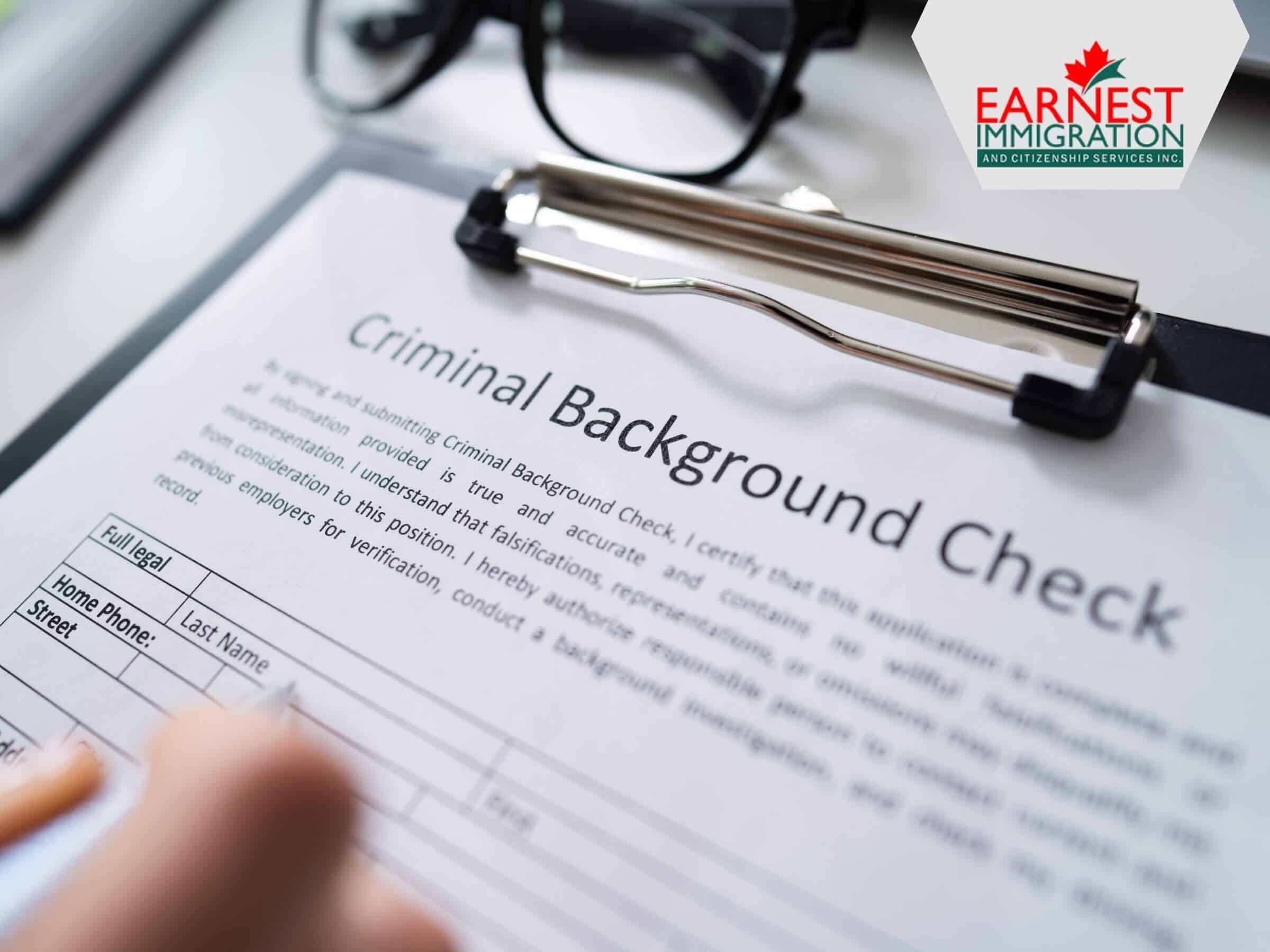Table of Contents
ToggleIntroduction
Canada has strict rules when it comes to determining if someone is criminally inadmissible to immigrate or even visit the country. If you have a criminal record, it can negatively impact your ability to enter Canada, work towards permanent residency, or become a citizen. However, options exist to overcome criminal inadmissibility if you meet the right criteria. This blog covers key things you need to understand about criminal inadmissibility in Canada, including what makes someone inadmissible, how to seek rehabilitation, and tips for navigating the complex policies involved.
What Makes Someone Criminally Inadmissible?
The main things that will make you criminally inadmissible to Canada are:
- Committing certain types of crimes either in Canada or abroad that, if convicted, carry a maximum jail term of less than 10 years. This includes crimes like assault, theft, drug offenses and dangerous driving.
- Being convicted of an offense in any country that carried a jail term of more than six months.
- Committing an act outside of Canada that is considered a crime under Canadian laws and would carry a sentence of more than six months in jail.
There are also hybrid offenses (those in which the prosecutor can choose whether to pursue as summary or indictable) and foreign laws to consider when determining criminal inadmissibility.
The key is that inadmissibility relates to being convicted of a crime or committing one – even if it did not lead to a formal conviction or jail time. Just having committed the act is enough to count under Canadian law in many cases.
Crimes That Lead to Inadmissibility
There are several major categories of crimes that can trigger criminal inadmissibility if convicted. These include:
- Assault – Physical or sexual assault charges often lead to inadmissibility regardless of sentence length.
- Theft and fraud – Convictions related to stealing, shoplifting, fraud or using forged documents can also cause inadmissibility.
- Drug offenses – Any convictions related to possession, trafficking or production of drugs will trigger inadmissibility.
- Dangerous driving – Impaired driving, driving under suspension/prohibition or reckless endangerment via driving can also lead to a finding of criminal inadmissibility.
Additionally, having multiple convictions over time for smaller summary offenses can still make you criminally inadmissible in Canada’s view.
Length of Sentences That Lead to Inadmissibility
In addition to the type of crime, the length of the sentence also plays a role in criminal inadmissibility. If you have received a jail term of six months or longer, regardless of the actual time served, you can be deemed criminally inadmissible. Note that multiple offenses over time that individually carry less than six months sentences, but collectively total over six months can also trigger inadmissibility.
There are exceptions if you received a suspended sentence or probation but no actual jail time. But in general, anything six months or over in terms of sentencing will cause you to be criminally inadmissible to Canada.
Seeking Rehabilitation
If you find yourself criminally inadmissible due to past offenses, one option to regain your admissibility is to apply for criminal rehabilitation. This is a process where you essentially demonstrate to Canadian immigration authorities that you have been rehabilitated and no longer pose a risk.
To be eligible for criminal rehabilitation you must:
- Have only one foreign conviction that made you inadmissible
- Have finished all prison, parole and probation periods for any sentences received
- Have not committed any other crimes in the 5 years prior to applying
- Convince immigration officials you meet standards of behavior and are unlikely to reoffend
The application process involves submitting relevant police certificates, court documents on your conviction, evidence of reformation and good behavior, as well as paying fees. Processing times can vary from 9 months to over 2 years in some cases.
If you meet the eligibility conditions and submit a strong application demonstrating your rehabilitation, you have a good chance of being approved and regaining admissibility.
Temporary Resident Permits
If criminal rehabilitation does not apply to your situation, another option to deal with criminal inadmissibility is to apply for a Temporary Resident Permit (TRP). TRPs can allow those deemed criminally inadmissible to enter Canada on a short-term basis as a visitor, student or temporary worker.
TRPs get issued entirely at the discretion of Canadian immigration officers. When reviewing a TRP application, they consider factors like:
- How much time has passed since the offenses in question
- Any evidence of rehabilitation or positive changes in behavior since
- The reasons you need to enter Canada and intentions for your stay
- Your ties to your home country and likelihood of leaving Canada when required
Officers have significant latitude in approving or denying TRP applications on a case-by-case basis. Having a TRP does not guarantee permanent residency or make you admissible longer-term. But it can at least allow you to enter Canada for a limited period despite inadmissibility when there are compelling reasons.
Tips for Overcoming Criminal Inadmissibility
If you find yourself inadmissible due to a past criminal conviction, follow these tips to improve your chances of regaining entry rights:
- Consult with an experienced Canadian immigration lawyer who can review your specifics and provide sound advice
- Be patient and persistent applying for rehabilitation, TRPs or exceptions – the process can drag on but perseverance is key
- Submit strong evidence of any rehabilitation efforts, good conduct since past crimes, positive community ties and need to enter Canada
- If denied, carefully review the rational and work to address any ongoing concerns raised through your continued actions
- Be completely honest throughout the process – any perjury or fraud will lead to permanent inadmissibility that is almost impossible to overcome
Conclusion
Canada’s criminal inadmissibility rules are complex and can severely impact your ability to enter or stay in the country if you have committed certain acts. But options like rehabilitation applications and TRPs do exist to help navigate these scenarios. Being fully informed on the policies, consulting experienced immigration counsel, following tips to demonstrate reform and persistence in submitting applications can help maximize your chances of success. With the right approach, overcoming criminal inadmissibility in Canada is possible in many cases. Just be prepared for a challenging process requiring commitment and patience as you make your case to Immigration officials.







